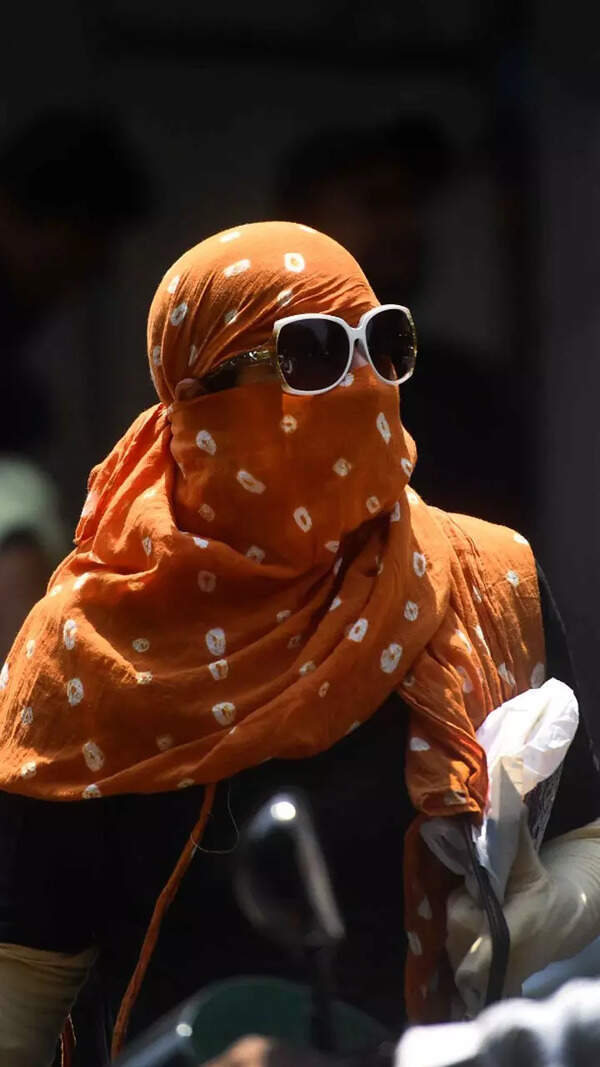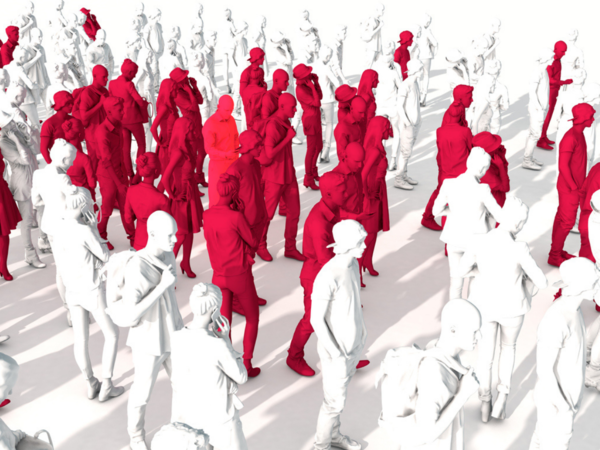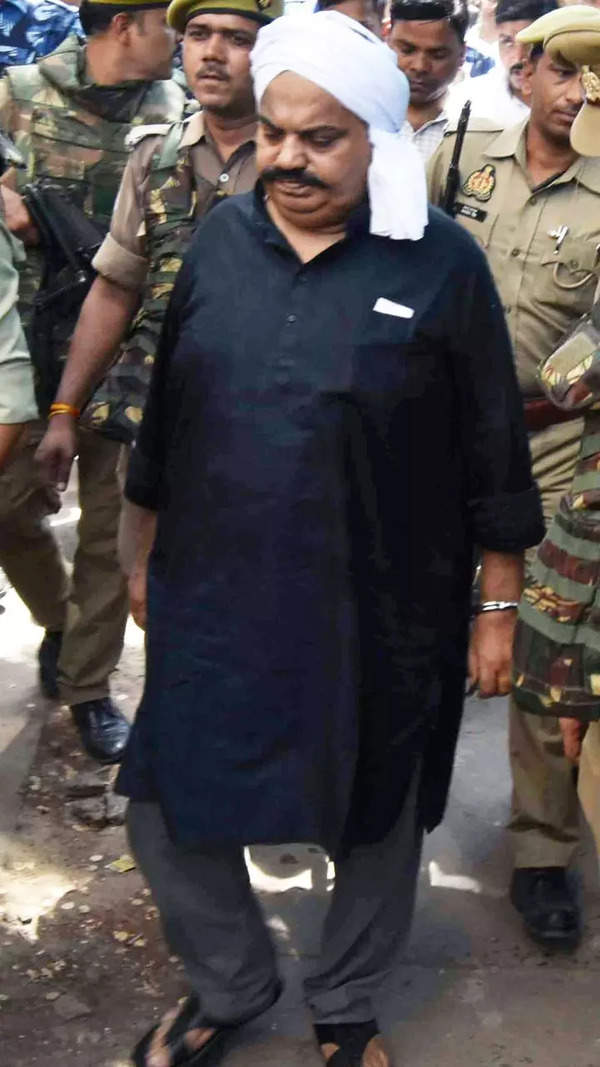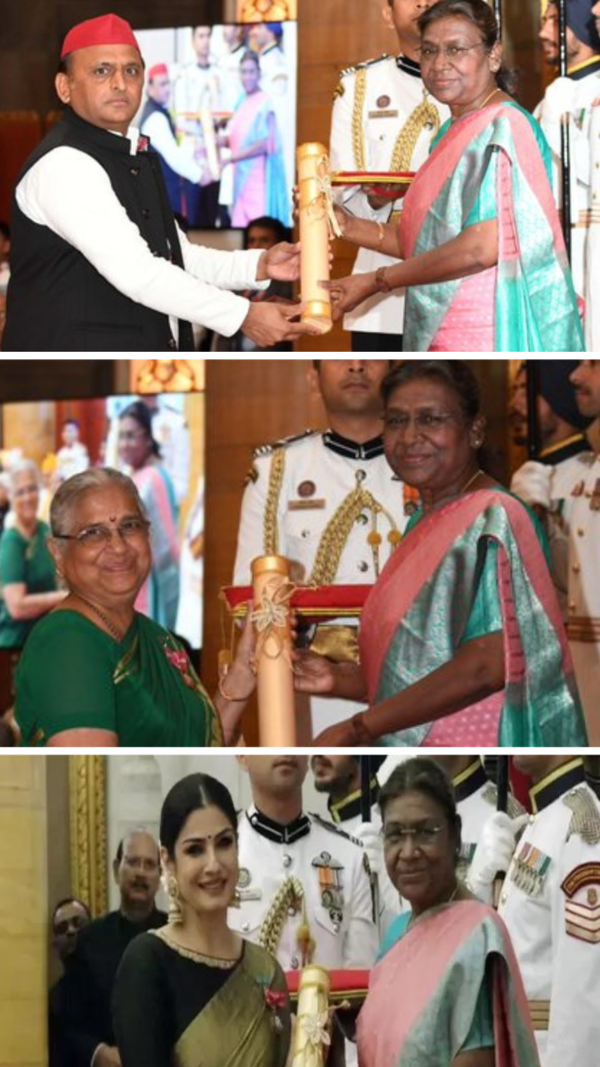- News
- City News
- mumbai News
- Heatwave conditions in Maharashtra: State govt draws action plan
Trending Topics
Heatwave conditions in Maharashtra: State govt draws action plan
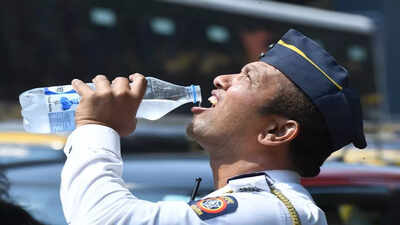
The 16-point action plan prepared by the state government also mandates compulsory reporting of the heatstroke cases and deaths.
MUMBAI: Employees and labourers aged 50 and above who have comorbidities like BP and diabetes and whose duties require them to be under the sun ( such as bus drivers and police constables) or fire or heat in factories shall be given appropriate duty hours (towards morning or evening). Similarly, gardens should be kept open throughout the day for those who need shelter besides water kiosks.
Also, school and college timings, other than exams, can be shifted towards morning. Carbonated, high protein drinks, tea and coffee should be avoided. These directions were mentioned in an action plan to tackle heatwave issued by the state disaster management department well ahead of summer this year.
Safer working hours for vulnerable labourers towards morning and evening time, special efforts to avoid load shedding of power supply during afternoon and reserving separate wards in government hospitals for the people affected by heat are some of the other guidelines the action plan suggests for all the establishments in the state.
The action plan also mandates for creation of make shift ponds for animals, water pots for birds and stray animals, painting roofs of the government buildings and slums with white among others. Based on various studies, Maharashtra disaster management authorities have termed Mumbai region, Konkan and some western Maharashtra districts as medium level vulnerable to heatwaves after the districts in Vidarbha, northern Maharashtra and Marathwada that are considered intensely vulnerable to the heatstroke.
It may be recalled that state saw heatwave killing 14 people in Raigad district after over 500 were detected with heat-related ailments. They were among some lakhs of people gathered for a rally in Kharghar to confer Maharashtra bhushan award on eminent social and spiritual figure Appasaheb Dharmadhikari. Maharashtra had reported about 25 deaths and 374 cases of heatstroke last year in April and May. The cases were highest since 2016 amid the record temperatures registered in the recent past in some of the Vidarbha and marathwada districts.
Maharashtra has identified 13 districts — nine in Vidarbha and two each in central and north Maharashtra — prone to heatwave and that need to take utmost measures to avoid loss of lives. "There has been a rise of half a degree centigrade in the Arabian Sea in the last 30 years. The number of districts that are prone to the heatwave has gone up to 13 from seven in the last few years. However, our guidelines are applicable to all the 36 districts in the state,” said Appaso Dhulaj, director, disaster management cell.
The 16-point action plan prepared by the state government also mandates compulsory reporting of the heatstroke cases and deaths that otherwise go unrecorded. The deaths due to heat strokes are reported under the head of cardiac arrest or other causes. The medical officers avoid registering heatwave as the cause to avoid further administrative compliance. "However, we have directed the district administrations to register such cases by checking the history of the patients. It would help us in assessing the situation in various districts,” said Dhulaj.
Also, school and college timings, other than exams, can be shifted towards morning. Carbonated, high protein drinks, tea and coffee should be avoided. These directions were mentioned in an action plan to tackle heatwave issued by the state disaster management department well ahead of summer this year.
Safer working hours for vulnerable labourers towards morning and evening time, special efforts to avoid load shedding of power supply during afternoon and reserving separate wards in government hospitals for the people affected by heat are some of the other guidelines the action plan suggests for all the establishments in the state.
The action plan also mandates for creation of make shift ponds for animals, water pots for birds and stray animals, painting roofs of the government buildings and slums with white among others. Based on various studies, Maharashtra disaster management authorities have termed Mumbai region, Konkan and some western Maharashtra districts as medium level vulnerable to heatwaves after the districts in Vidarbha, northern Maharashtra and Marathwada that are considered intensely vulnerable to the heatstroke.
It may be recalled that state saw heatwave killing 14 people in Raigad district after over 500 were detected with heat-related ailments. They were among some lakhs of people gathered for a rally in Kharghar to confer Maharashtra bhushan award on eminent social and spiritual figure Appasaheb Dharmadhikari. Maharashtra had reported about 25 deaths and 374 cases of heatstroke last year in April and May. The cases were highest since 2016 amid the record temperatures registered in the recent past in some of the Vidarbha and marathwada districts.
Maharashtra has identified 13 districts — nine in Vidarbha and two each in central and north Maharashtra — prone to heatwave and that need to take utmost measures to avoid loss of lives. "There has been a rise of half a degree centigrade in the Arabian Sea in the last 30 years. The number of districts that are prone to the heatwave has gone up to 13 from seven in the last few years. However, our guidelines are applicable to all the 36 districts in the state,” said Appaso Dhulaj, director, disaster management cell.
The 16-point action plan prepared by the state government also mandates compulsory reporting of the heatstroke cases and deaths that otherwise go unrecorded. The deaths due to heat strokes are reported under the head of cardiac arrest or other causes. The medical officers avoid registering heatwave as the cause to avoid further administrative compliance. "However, we have directed the district administrations to register such cases by checking the history of the patients. It would help us in assessing the situation in various districts,” said Dhulaj.

About the Author
Chittaranjan TembhekarAn assistant editor (infrastructure) at The Times of India, Mumbai, Chittaranjan been covering institutions involved in providing urban infrastructure, power and telecom services for seven years.
Start a Conversation
FOLLOW US ON SOCIAL MEDIA
FacebookTwitterInstagramKOO APPYOUTUBE


